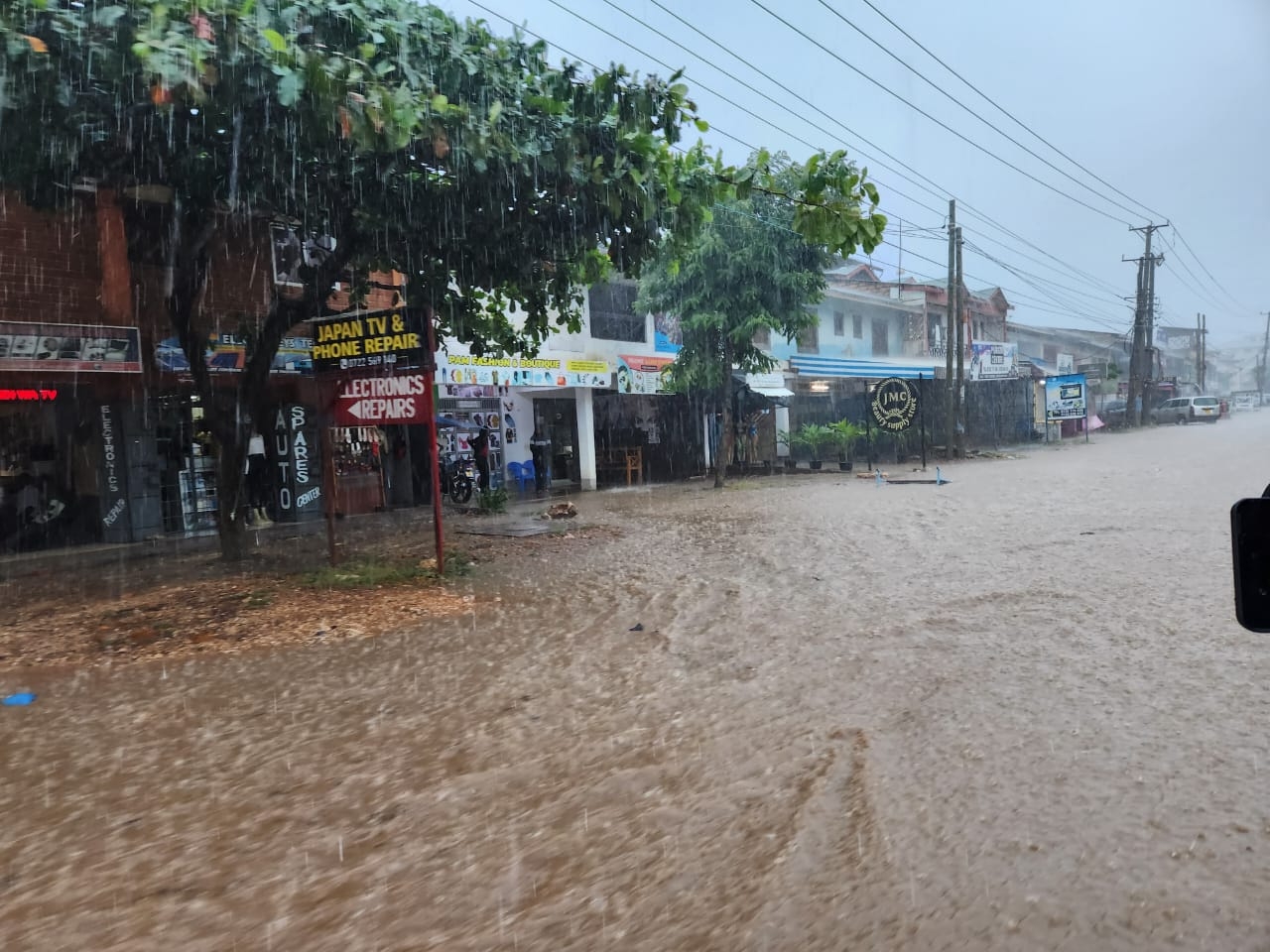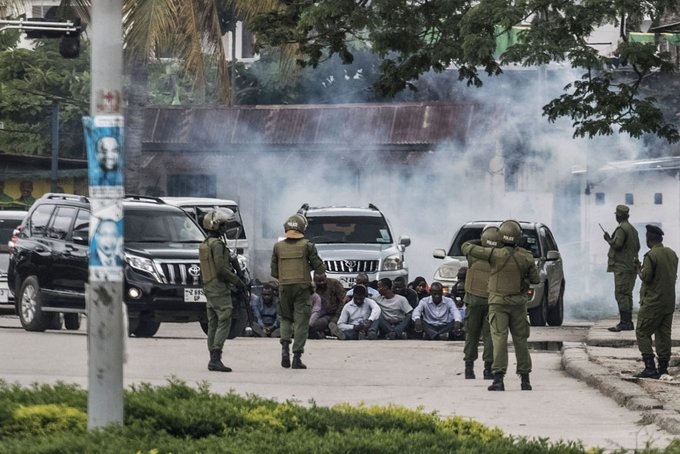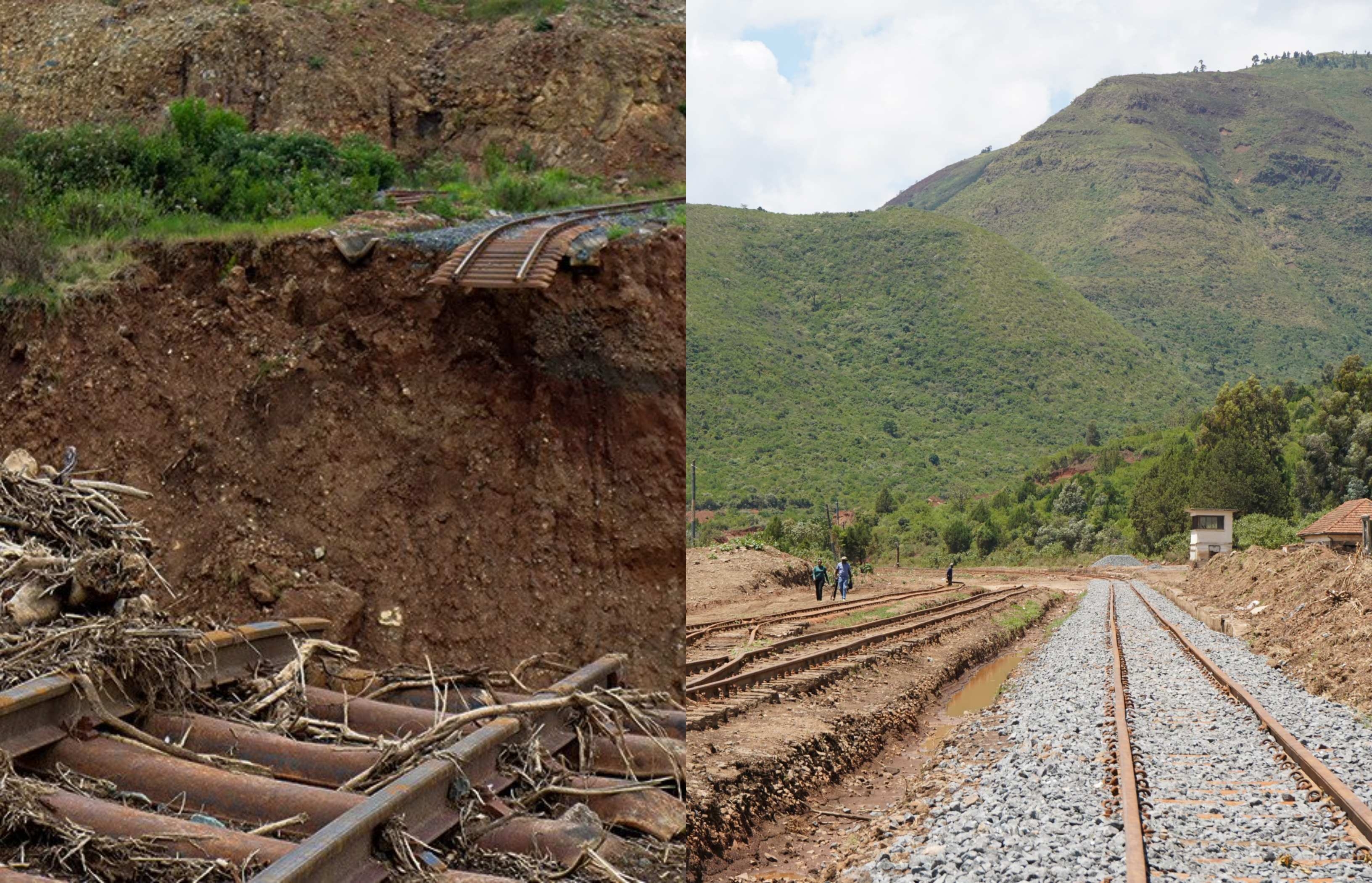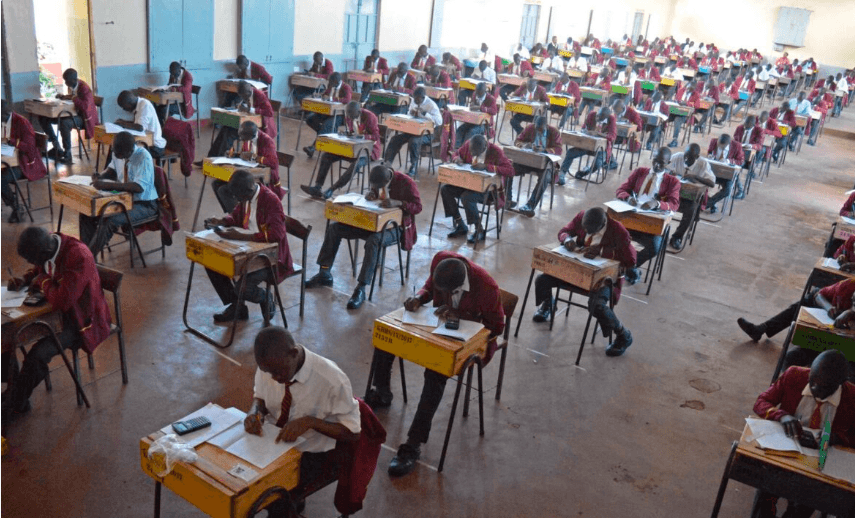The government has formally embarked on the bid to increase road maintenance levy, setting the stage for an increase in petrol and diesel prices.
The Ministry of Roads has invited public views on its bid to change the law which set the levy at Sh18 per litre of petrol and diesel in 2016, in favour of a higher one.
The Cabinet Secretary Kipchumba Murkomen-led ministry has invited members of the public to give their views on the proposed changes to the Road Maintenance Levy Fund (Imposition of Levy), Order of 2016.
“The Ministry of Roads and Transport proposes an amendment to [the order] by increasing the road maintenance levy on petrol and diesel,” the notice in the dailies reads.
The ministry has organised various public participation forums in Nairobi, Nyeri, Eldoret, Nakuru, Isiolo, Machakos, Kisumu, Garissa, and Mombasa on July 8.
“Written memoranda/comments may be submitted on email or hand-delivered to the director general Kenya Roads Board, Kenya Re Towers, Upper Hill, and all regional offices indicated above, to be received by July 5,” the notice reads.
The meetings, as per the notice, will take place at the ministry's headquarters and regional offices of the road agencies (Kura, Kerra, and Kenya Roads Board).
CS Murkomen recently pleaded with MPs to consider approving the increment of Sh7 per litre, moving the new rate to Sh25 per litre.
He said the aim was to bridge the financing gap in the maintenance of roads, saying the current collections which average Sh80 billion annually are not sufficient.
“Increase the fuel levy charge from Sh18 to Sh25 per litre to bridge the wide financing gap in maintenance needs and maintenance resources,” the CS told MPs.
The ministry wants the law changed saying the plan is to prioritise rural paved roads for maintenance.
If approved, 10 per cent of the allocated funds would go to rural roads ‘for the maintenance or development of rural link roads to be administered by the Kenya Rural Roads Authority’.
The opposition has rejected the proposal demanding that it should be dropped in whatever form it would be presented (in Finance Bill or as a levy order).
“We are against this idea that transport, which includes the movement of goods and people, is treated as some kind of luxury that this country can do without,” Opiyo Wandayi, Minority Leader in National Assembly, said.
“Without movement of goods and people, we have no economy to talk about. Our position is that there shall be no more ad hoc raising of prices of fuel,” he said.
He spoke after the National Assembly Finance Committee chaired by Molo MP Kuria Kimani accepted the proposed increment (under an amendment to the Finance Act).
“The committee noted the need for financing the budget and therefore accepted the amendment by the Ministry of Roads and Transport on increasing the fuel levy charge,” it said in its report before the National Assembly.
The House team said the “fall in the collections under the road maintenance levy has continued to influence the repair and maintenance of highways, urban and rural roads.”
It cited the recent El Nino linked heavy rains and flooding as having further worsened the extent of road destruction in the country.
“To help raise sufficient funds to maintain and repair roads across the country, the committee recommends an increase of the levy pursuant to Section 3 of the Road Maintenance Levy Fund Act.”
According to the law, the Transport CS in consultation with his Treasury counterpart can by an order published in the Kenya Gazette impose on any or all the petroleum fuels a road maintenance levy.
The law says the levy “may be determined from time to time and in such manner as the minister may specify in the order”.
MPs at the committee, in backing the review, further observed that the levy has not been varied since 2017 “despite the increase in petroleum fuel prices per litre in Kenya over the years” and increased cost of road repair and maintenance.
Fuel prices have been dropping lately, to the relief of many Kenyans who were skeptical when the prices went up drastically after President William Ruto’s administration took over.
In the recent review, petrol and diesel prices tumbled by over Sh5 per litre, easing inflation which had choked many Kenyans with high prices of goods.
Opposition is mounting against any further tax increases, including on fuel which the new administration just introduced additional VAT charges to in the current Finance Act.



















